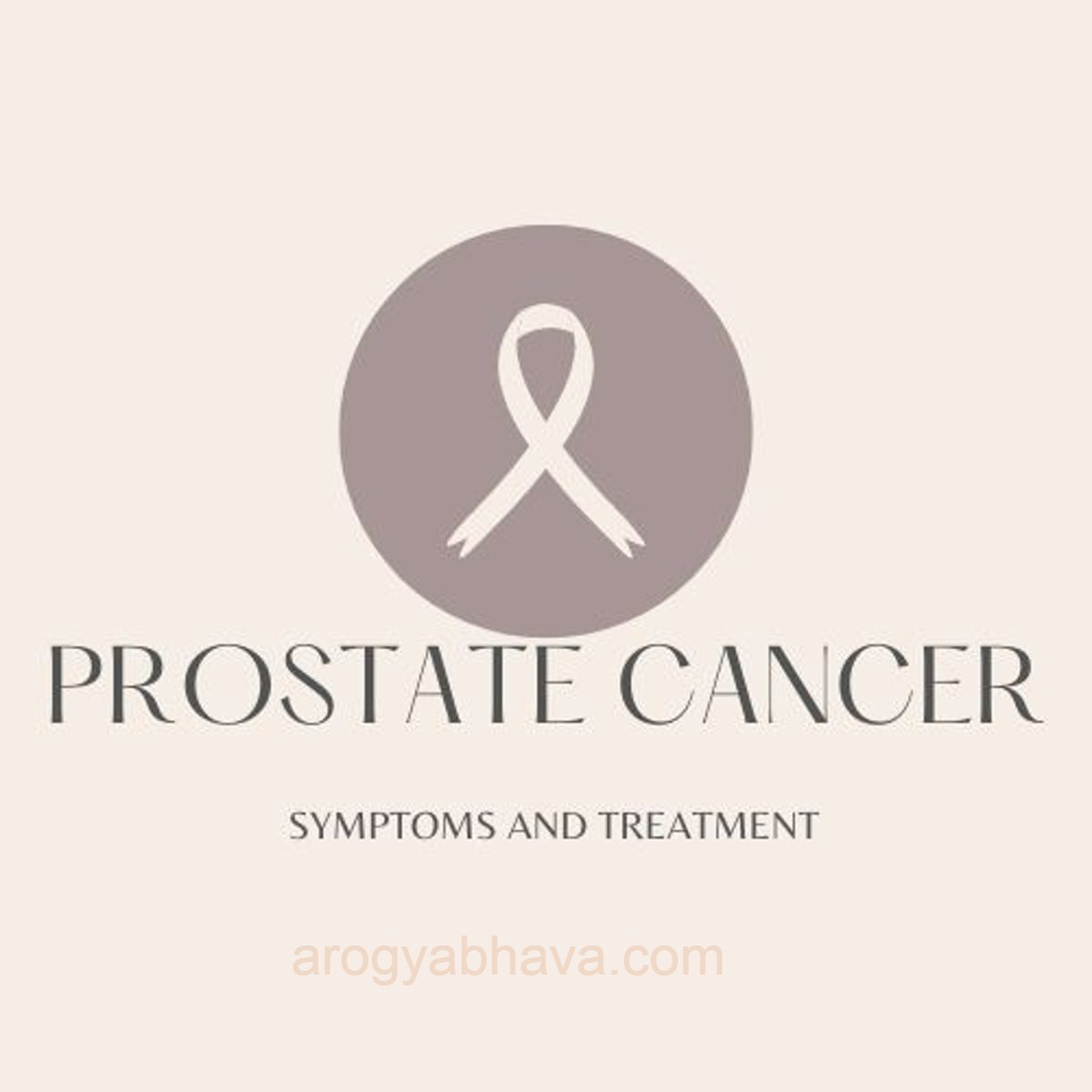Prostate Cancer: Symptoms and Treatment

Prostate Cancer: Before we discuss prostate cancer symptoms and prostate cancer treatments, let’s briefly define what is it.
What is Prostate Cancer
Prostate Cancer is a malignancy that forms in the prostate gland. Although it is associated with tumorous growth, this growth will not always be evident as a protuberant mass in the early stages of cancer.
Although men younger than 40 are rarely diagnosed with prostate cancer, it is the third most common cancerous cause of death among men overall.
Prostate Cancer Symptoms
Due to modern medical advancements, most prostate cancers can be detected before prostate cancer symptoms surface. The most prevalent detection test is known as the PSA test.
Before addressing common symptoms, it is important to emphasize that statistically, these very same symptoms are more likely the result of non-cancerous conditions, such as BPH, or an enlarged prostate gland. In short, if you exhibit some, or even many, of these symptoms, don’t panic.
See your physician and discuss having the proper tests conducted, especially the PSA. Most times, even with an elevated PSA test, patients do not have cancer but one of the much less harmful prostate problems, such as chronic prostatitis.
Common Prostate Cancer Symptoms
Common prostate cancer symptoms include incomplete emptying of the bladder, dribbling, difficulty starting urination, reduced force of the stream, frequent urination of small amounts, pain with urination, and ejaculation pain.
Again, these symptoms are more likely caused by a non-cancerous enlarged prostate gland.
Prostate Cancer Treatments
Before we discuss prostate cancer treatments, let’s cover a few dietary steps men can take to lower their risk of getting prostate cancer in the first place.
Dietary and Lifestyle Steps
Recent research by the authoritative US National Cancer Institute revealed that men who consumed more than 1/3rd of an ounce of onions, scallions, garlic, and chives per day were much less likely to have prostate cancer and exhibit prostate cancer symptoms.
Although hardly considered one of the medically accepted prostate cancer treatments, these dietary suggestions may be extremely beneficial in preventing prostate cancer for men trying to avoid it.
Some researchers even suggest these foods may also benefit men who already have it, or exhibit prostate cancer symptoms, by potentially causing cancerous cells to regress.
More definitive research on prostate cancer treatments with respect to these nutrients is needed, however.
Medically Accepted Prostate Cancer Treatments
If you exhibit prostate cancer symptoms and think you might have prostate cancer, what are the available prostate cancer treatments out there?
First, you would need to discuss the matter with your physician carefully and have any appropriate tests done, but presented here is a brief overview of medically accepted prostate cancer treatments:
Surgery
This can entail the surgical removal of either the prostate gland or the testes. Possible drawbacks include impotence, loss of muscle mass, libido, and problems urinating, among others.
Radiation Therapy
Sometimes used as one of the methods of prostate cancer treatment when the risks of surgery are seen as too high. A radiation beam is focused on the prostate gland by a specialist. Treatment time can last several weeks and is often conducted daily.
Chemotherapy
Chemotherapy is an advanced treatment for prostate cancer. It can be done on the suggestion of the treating doctor.
Prescription Medications
These prostate cancer treatments are used to suppress the production of testosterone, which is believed to be linked to prostate cancer.
Also Read: Cancer: Everyone Should Know What Is Cancer?